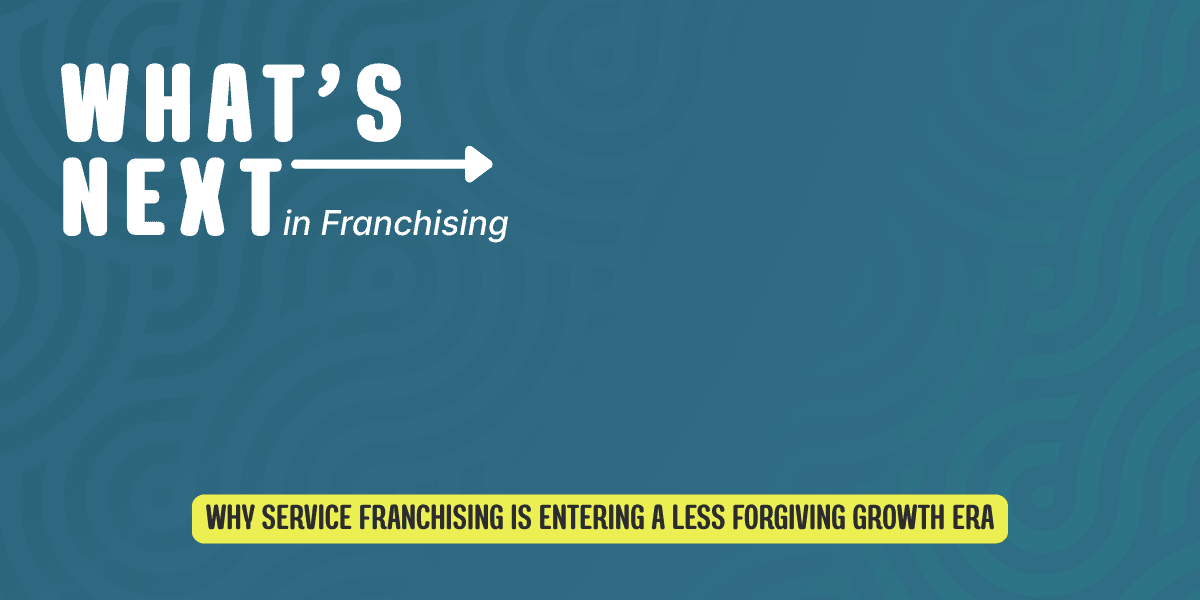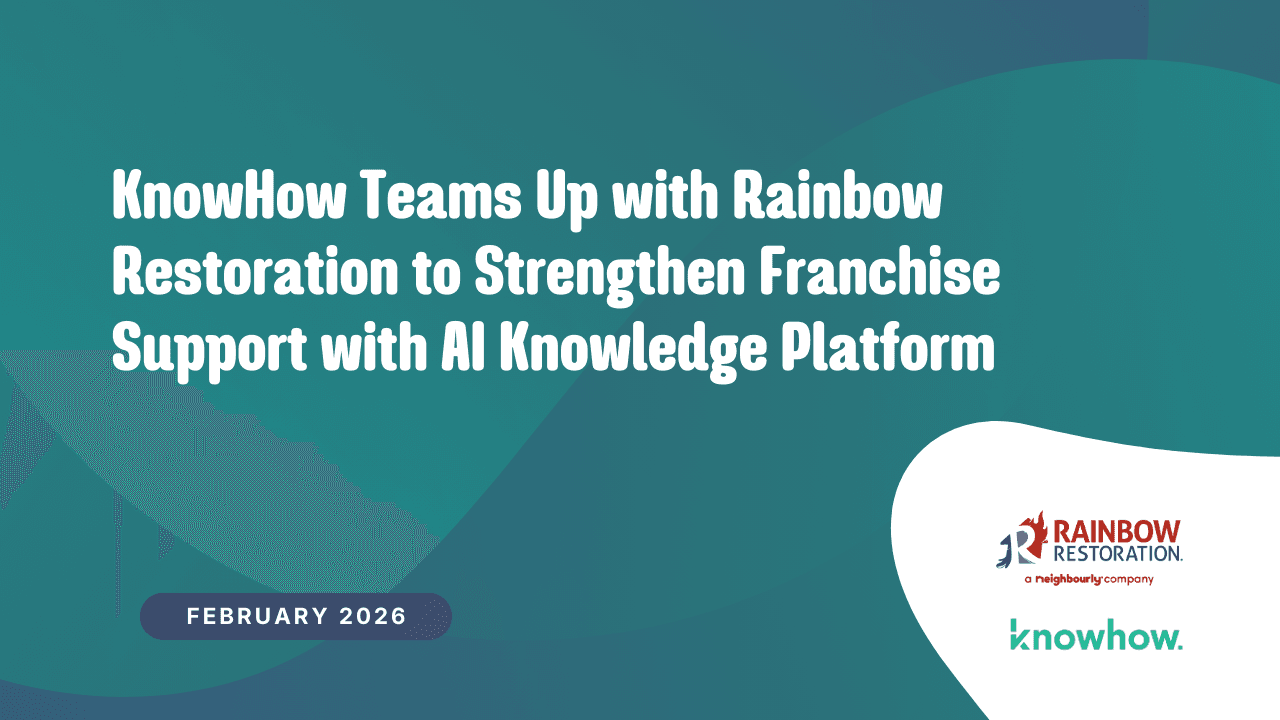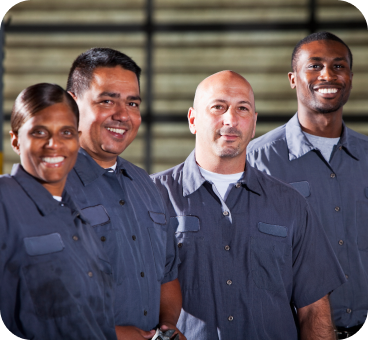
How to Find the Best Candidates to Hire in the Restoration Industry



No matter what industry you’re working in, interviewing and finding candidates can be a relentlessly tricky process. Even if you’re able to make progress in this area, learning how to retain high-caliber staff can be just as difficult.
Well, you’re not alone. In a 2019 study, 45% of business owners operating in the restoration industry found that hiring and retaining staff was the biggest problem area in their business. From not knowing where to find quality candidates to ineffectively on-boarding new hires and losing them in the long run, there are plenty of pitfalls that require skill and experience to successfully avoid.
The team at KnowHow wanted to ease some of these stresses business owners face while hiring in the restoration industry, so we gathered two of the industry's leading experts on staffing, Kristy Sifford, owner of Wylander, and Kelley Dolan, Chief of Staff at Maxons, Inc.
These elite experts shared with us insight and priceless information on how they are recruiting, hiring, interviewing, and retaining staff in the restoration industry.
How to Separate the “Smooth Talkers” VS. the “Do-ers”
When interviewing a new candidate, there’s always a risk that they turn out to be a “smooth talker”: someone who seems great during the job interview process, but when it comes time to bare down and work hard, they just fall short. So what can you, as the interviewer, do to determine who really is what they seem, and who isn’t?
A big part of determining who follows through on their commitments is by checking and double-checking references. It’s not enough to call up a reference and ask simple questions about the job they had with them, or what their co-workers thought of them, instead, it’s necessary to dive into the nitty-gritty of it all. Kelly Dolan of Maxons, Inc. suggests always having specific questions ready to ask a reference based on the interview you had with the candidate.
For example, go into a conversation with a reference armed with specifics you noticed in the candidate. Maybe his/her communication didn’t seem as good as they made it out to be, and you want to focus on asking questions related to that. Maybe they didn’t seem as driven as they implied, specifically explore that with their reference. You should never call a reference without specifics in mind of what you want to find out about your candidate.
One effective way to determine the type of person you’re looking for in a role is by talking with current and past employees in similar roles. These individuals can give you a lot of insight into what qualities a person has to have in order to succeed at that job. Once you’ve done that, you can get candidates to take Predictive Index tests, as Kelley uses at Maxons, or the DiSC test, as Kristy uses at Wylander. These tests give you a good idea of what the person's behavior and personality is like, which you can match to the role much easier.
The Most Important Question to Ask a Candidate
There are tons of great questions to ask a candidate, but there’s one question you can ask that instantly tells you about someone’s behavior, personality, and skillset all at once. Kristy Sifford of Wylander likes to ask candidates, “What is your favorite, and least favorite, part about your current or past role?”
It may seem like a simple question, but it can tell you a lot about someone. Oftentimes, candidates will go off on tangents about many things related to their old jobs and will give you insight into what their strengths and weaknesses are, what they are like to work with, their work ethic, and much more. It’s almost like a Swiss Army Knife of questions, and there is plenty of information you can dig up using that one question.
Another thing to keep in mind is to try to avoid using yes or no questions in job interviews. Your questions should be open ended enough to allow the candidate to elaborate more and give more sustenance to their answers.
What Does a Standard Restoration Job Interview Agenda Look Like?
Establishing a consistent agenda and format from interview to interview can allow for more consistent results. You will see each candidate fairly, and it will be easier to weed out the bad candidates.When in doubt, it’s always a good idea to follow these steps during the job interview process:
- Always greet them and thank the candidate for taking the time to meet.
- Explain the process of the interview, and mention you’ll be taking lots of notes so they don’t get nervous when they see you writing. (You should always take notes when interviewing!)
- If you’re interviewing with more than one person, explain your colleague and their role in the company as well.
- Jump into the questions you have prepared for them.
- Explain the role, and more about the company in more detail.
- Always allow the candidate time to ask questions.
A really important thing to remember when following these steps is to ensure you explain the role in detail after you’ve gone through your prepared questions. This is important because if you explain every detail of the role beforehand, you will essentially be answering a lot of your questions for them. The candidate will know exactly how to respond based on the finer details of the role.
If you’re looking for more steps around interviewing processes and onboarding candidates, KnowHow is a great tool for you and your business. KnowHow can ease a lot of the stress around finding and hiring new candidates by providing you expert built processes you can follow in your next hiring stage. Find more information here!
From Application to Being Hired, What is the Process?
We’ve discussed a lot about interviewing candidates, and the processes within the interview itself, but of course there’s a lot more that goes into bringing on a new hire.
The first step should always be a phone screening- Talk to the candidate initially over the phone and give them a brief job description, thank them for applying, and just get to know them a bit.
Part two should always be an interview face to face- bring them in and talk to them in person, ask the questions you have prepared.
From there, if everything goes well in the interview, contact references.
A second interview in person is always a great idea- it never hurts to double-check and have a second interview, but the second interview should always either be with someone new or have another person from the company sit in and ask different styles of questions.
After that second interview, on the same day even, take them along to a job site or through the office and show them some of the daily activities. Use it almost like a trial run!
Once you find the candidate you think is best fit, send them a nice little welcome basket and make them feel comfortable and at home as part of their onboarding. Include them immediately in any team outings or activities, starting to create a bond among co-workers is vital in the onboarding process. These steps may seem time consuming, but having a solid, consistent interview process is key to finding the best candidate for each role so you can build the most successful team possible.
Restoration Job Hiring & Onboarding with KnowHow
Simple to use and set up, KnowHow is the tool you need to ensure your remote team is productive and effective. With KnowHow, team members work confidently, productively and in compliance - available on desktop and mobile. Don’t forget to follow us on Twitter, LinkedIn, and Facebook. Or, Get a Demo with us to learn more!
We are also excited to announce that KnowHow is officially live on the Apple App and Google Play Stores.









